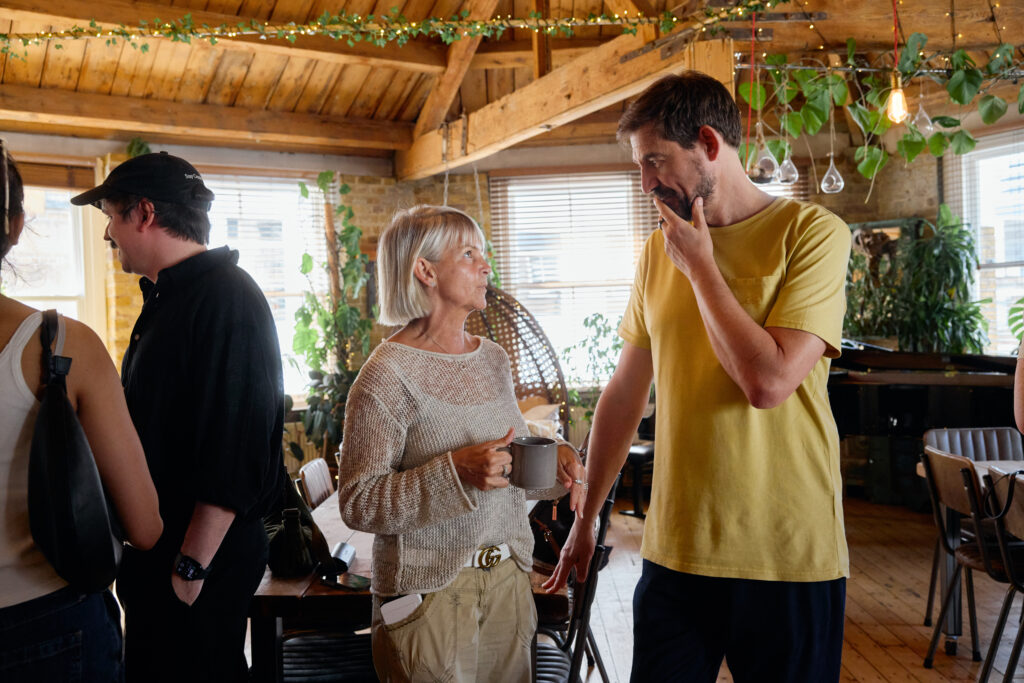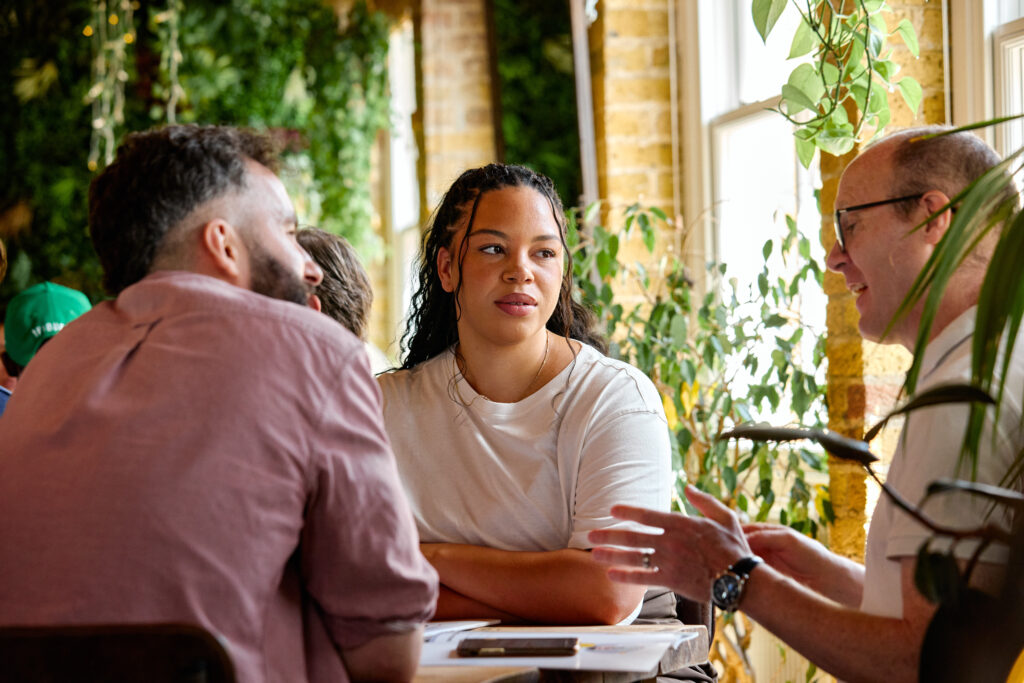In our new blog, we explore skilled listening – what makes a ‘good listener’, the benefits of listening and the impact this can have on the bottom line.
Have you ever taken the time to think about what it really means to listen? We do it every day, yet we never give it much thought. With even the Financial Times recognising the power of mastering soft skills, it’s clear we need to weave them into our area of focus.
Skilled listening enables us to see what matters, where the challenges are, what help people need, and what action to take.
Who benefits?
Everyone benefits from refining their listening skills, but if collaboration, culture and communication are important to your business, focusing on listening is vital.
‘80% of companies say soft skills are increasingly important to their success’
Communication isn’t just what you say and how you say it, it’s supporting others to say what they need as well. Skilled listening is the foundation on which to build a workplace culture of empathy, inclusion and healthy high performance.
Get into the driving seat of listening
‘Eighty percent of people in the US rated themselves as above average drivers.’
For listening, that number jumps up to 96% – we typically think of ourselves as good listeners despite our felt experience telling us we don’t feel listened to. So what does this suggest?
That we are listening automatically when we should be listening with attention, effort, and care.
The good news for businesses, leaders, and individuals, is that listening well is a skill we can develop.

Fighting to be heard
Our ability to listen is fighting against a barrage of noise: unhelpful self-talk and the onslaught of communication from multiple devices round-the-clock. It’s no surprise listening is being drowned out.
Giving people the tools to manage these barriers is the first step to becoming active, conscious listeners. The second is knowing what good listening really is.
What makes a good listener?
Good listening isn’t just the positive behaviours we recognise such as eye contact, engaged body language and checking understanding.
‘7% of communication is conveyed by the spoken word’
The ability to read someone’s nonverbal communications (emotions, facial expressions, pitch and tone to name a few), sets skilled listeners apart.
Listening isn’t jumping to our instinctive responses either. Listening is interpreting what we hear and sharing our perspective in a way that meets the speaker’s needs.
Transformative listening
Developing any skill starts with understanding ourselves.
Recognising our own listening behaviours helps us see where we need to be.
There are six levels of listening. Starting at passive, then onto responsive and selective, listeners advance towards being attentive and engaged, until they reach the most advanced level, transformative listening.
Transformative listeners do three things extremely well:

Focus is removing distractions and tuning back in when attention wanders. Focusing makes our conversations worthwhile.
Amplify is noticing and naming or reflecting and exploring what the speaker is communicating. Amplifying brings things out into the open so we can better connect.
Clarify is being curious, posing questions and alternatives. Clarifying builds shared understanding generating insight and solutions, together.
Are you still listening?
Success and growth rely on positive relationships. Investing in skilled listening transforms relationships by facilitating meaningful, safe, and trusting interactions that drive positive change for you and your business.
Take a look at our ready-to-go Skilled Listening workshop which supercharges learners’ understanding of listening, how to recognise personal listening behaviours and how to apply three powerful listening techniques to take listening to the next level.
If you’d like to speak to one of the team today, get in touch.
